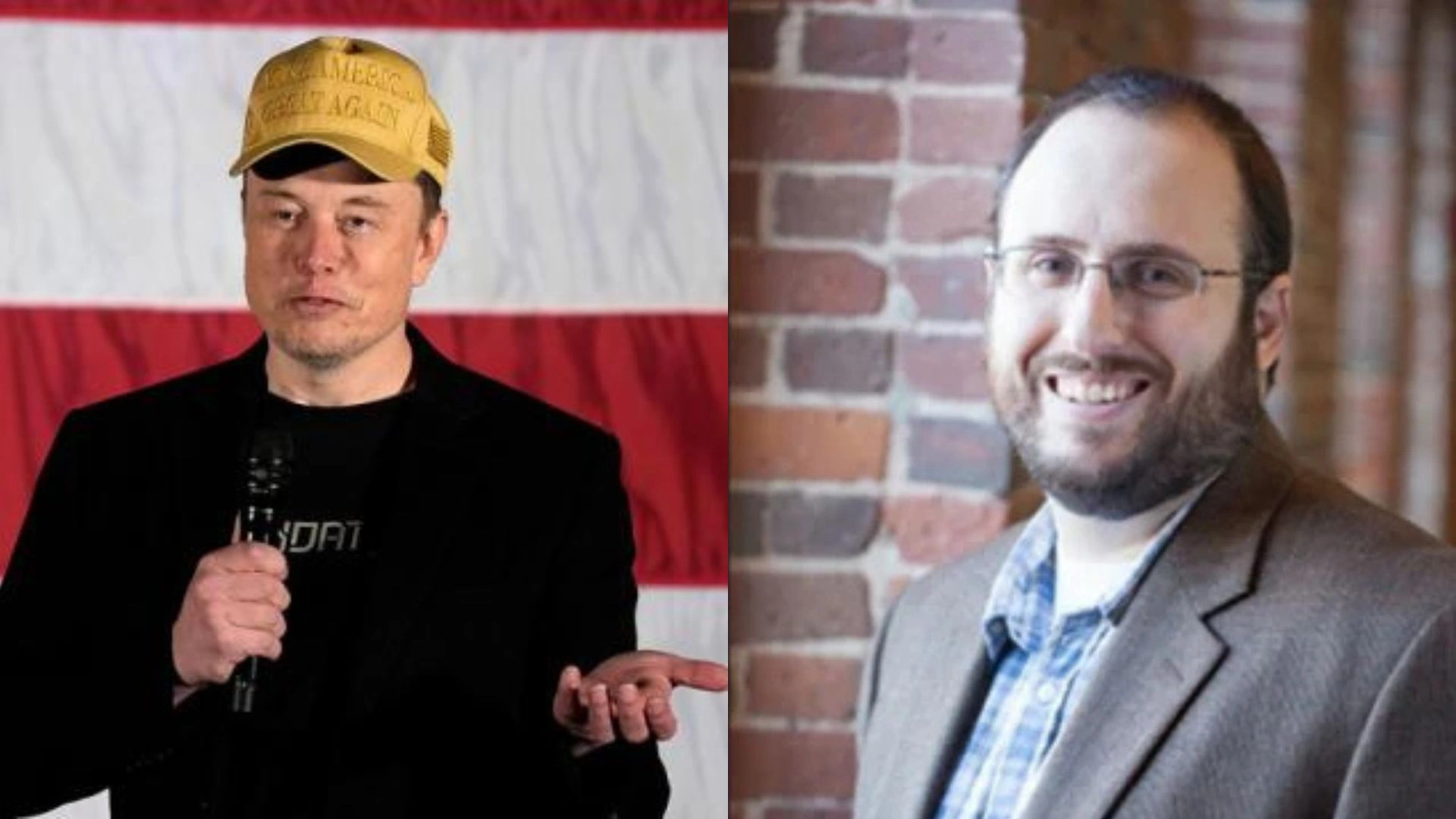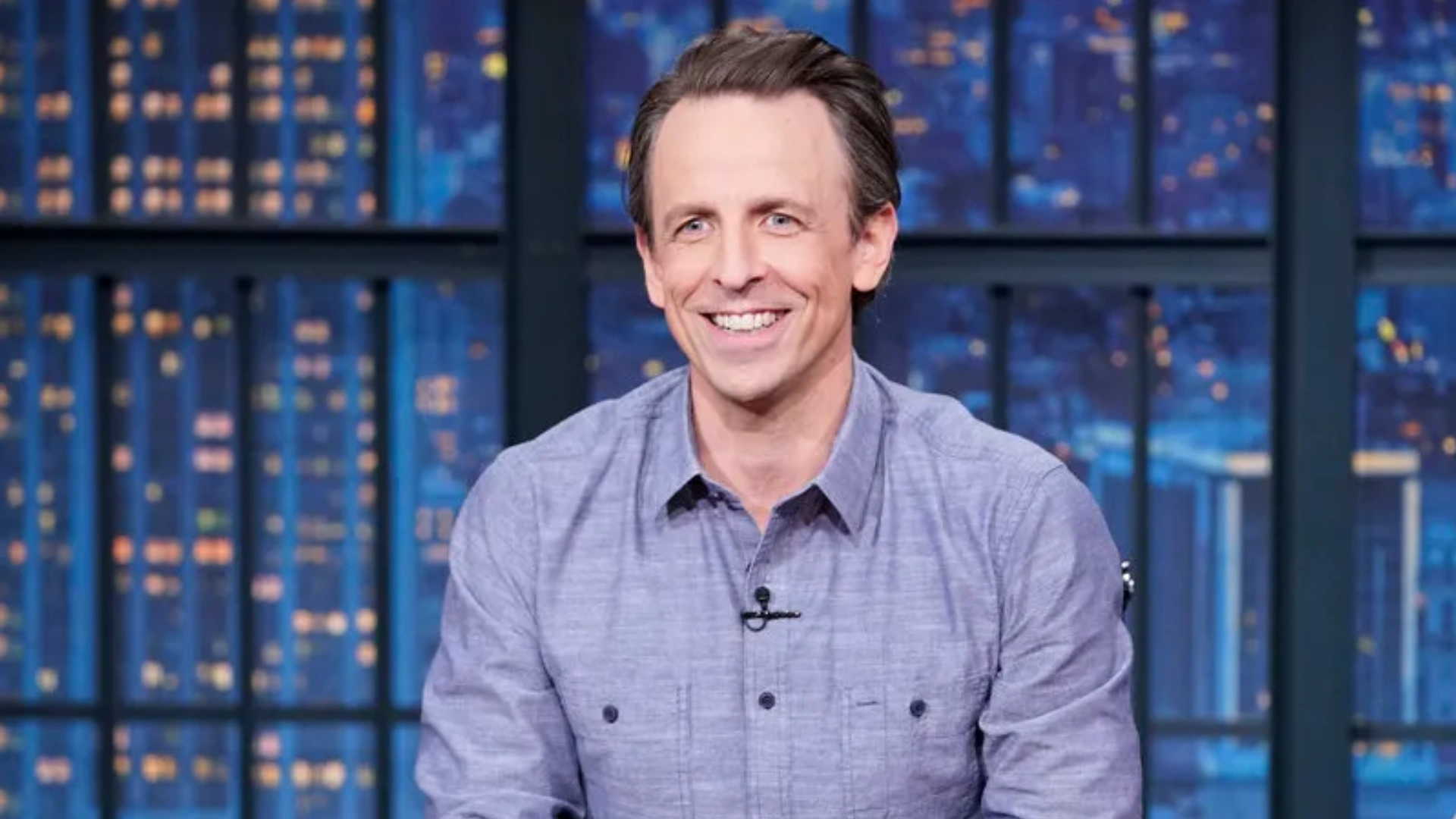Members of the LGBTQ community across the United States are increasingly arming themselves, citing fears of potential persecution under a second administration of former President Donald Trump. Concerns about safety and self-defense have led to a notable shift in gun ownership trends among marginalized groups, according to reports by American media on Sunday, January 5.
Challenges in Measuring LGBTQ Gun Ownership
For many in the LGBTQ community, arming themselves is a response to a growing sense of vulnerability. A trans woman from Glen Mills, who runs a social group, shared her perspective, “There’s definitely a feeling among a lot of LGBT individuals: ‘If I can’t protect myself, who will?’”
The sentiment reflects a broader concern about safety amidst increasing political and social tensions.
David Yamane, a sociology professor at Wake Forest University, noted that tracking gun ownership among LGBTQ individuals is challenging due to limited research on this relatively small population. Despite the lack of comprehensive studies, anecdotal evidence suggests a rise in gun purchases within the community.
A Shift in American Gun Culture
Yamane highlighted a significant transformation in the United States’ gun culture over recent years. Previously centered on hunting and recreational use, firearms are now predominantly associated with self-defense.
This cultural shift has coincided with increased diversity among gun owners. “The year 2020 marked a period of tremendous social unrest and uncertainty,” Yamane explained.
“And a large number of people in the United States, under those conditions, look to firearms to reestablish some sense of safety and security.”
He also noted that racial and gender minorities, including members of the LGBTQ community, led the surge in new gun ownership during this period.
Rising Fear Amongst LGBTQ and Preparedness
The decision to arm themselves is driven by a perceived threat of persecution, with some fearing extreme actions like being “rounded up and placed in concentration camps.” While such concerns remain speculative, the sentiment underscores the community’s deep mistrust and anxiety about political developments.



















